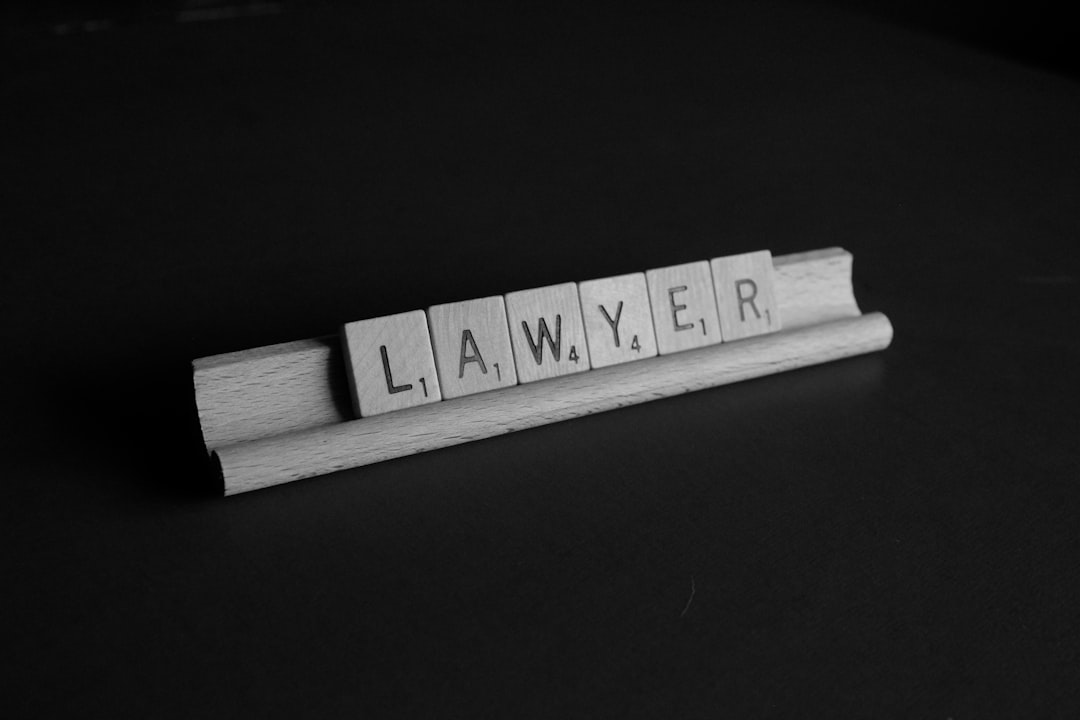The legal framework in Los Angeles for rape cases involves a one-year Statute of Limitations and strict proof requirements. Rape attorneys in Los Angeles CA are crucial for survivors navigating these complexities, ensuring rights are protected within deadlines, and providing strategic guidance to pursue justice.
In Los Angeles, understanding the statute of limitations for rape is crucial for victims seeking justice. This comprehensive guide delves into the legal framework surrounding this heinous crime, breaking down the elements required to prove rape and the criminal proceedings that follow. Furthermore, it explores the specific time limits for filing charges, offering invaluable insights for those considering their options with the help of experienced rape attorneys in Los Angeles, CA.
Understanding the Legal Framework in Los Angeles

In Los Angeles, understanding the legal framework surrounding rape is paramount for both victims seeking justice and those looking to defend against such charges. The law here, as in most places, aims to balance the rights of the accuser with due process for the accused. The Statute of Limitations for rape cases in California is a crucial aspect of this framework, dictating the time period within which legal proceedings must commence after the alleged crime.
For individuals seeking justice through the legal system, it’s essential to be aware that in California, including Los Angeles, the Statute of Limitations for rape is typically one year from the date of the offense. This means that victims have a limited time frame to file their cases. Engage the services of experienced rape attorneys in Los Angeles, CA, who can navigate this complex legal landscape and advocate for your rights. They can provide guidance tailored to your unique situation, ensuring you understand your options and obligations within this stringent timeframe.
Elements of Rape and Criminal Proceedings

The criminal justice system in Los Angeles, like many jurisdictions, has specific procedures and time limits for prosecuting sexual assault cases, including rape. To establish a successful case, several key elements must be proven beyond a reasonable doubt. Rape is defined as sexual penetration—be it vaginal, anal, or oral—without the consent of one party while the other is unable to give that consent due to intoxication, incapacitation, or being under the age of 14. These cases are complex and often involve sensitive and traumatic evidence, making the role of rape attorneys in Los Angeles CA invaluable.
The prosecution must demonstrate the act of penetration and establish a lack of consent through physical and/or circumstantial evidence. This may include medical reports, witness statements, and forensic analysis. Criminal proceedings for rape typically begin with an investigation by law enforcement, followed by an arrest if sufficient probable cause is found. The accused will then have the right to legal representation, where experienced rape attorneys in Los Angeles CA can navigate the complexities of the case, challenge evidence, and advocate for their client’s rights throughout the trial process.
Navigating the Statute of Limitations for Justice

Navigating the Statute of Limitations for Justice in Los Angeles
In California, including Los Angeles, the statute of limitations for rape charges is complex and crucial to understand for anyone seeking justice. The time frame within which a person can file a lawsuit or criminal charge after an incident varies based on different factors. For sexual assault cases, it is typically set at 10 years from the date of the crime. However, this isn’t a strict rule as there are exceptions and extensions that could be applicable, especially when dealing with minor victims or cases involving certain types of evidence.
Rape attorneys in Los Angeles CA play a vital role in guiding clients through this legal labyrinth. They help assess whether the statute has expired based on individual circumstances and provide strategic advice. With their expertise, survivors can ensure they are not obstructed from pursuing justice due to procedural barriers. Prompt action is often recommended to gather evidence, interview witnesses, and build a strong case, all of which become more challenging as time passes.






